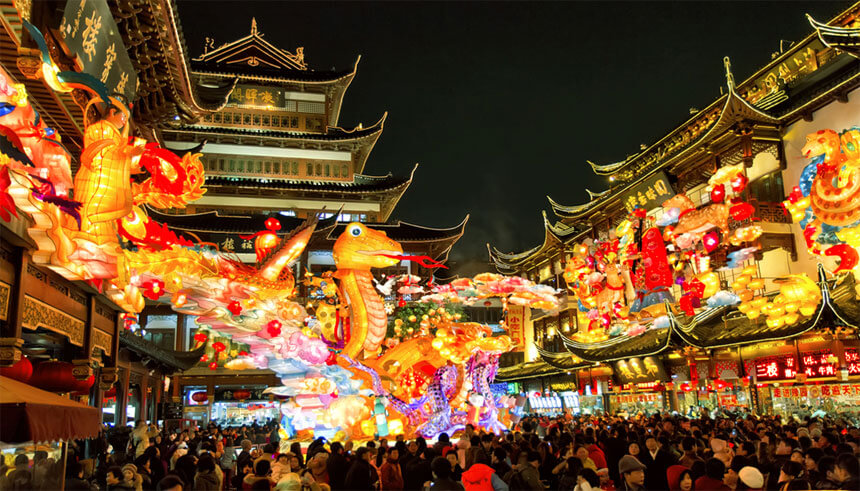
The Sunday Mail

From Fatima Bulla in China
CHINESE tradition is always etched in whatever people from this ancient civilisation do.
Whether it’s food, innovation, or structure, it always find itself attached to an inspiration of the history and tradition of China.
As such, if it’s the famous Palace Museum, also known as the Forbidden City, the Great Wall, technological innovations, and exhibitions, etcetera, it always traces back to Chinese culture and tradition.
In the past four months, I have experienced Chinese lifestyle, everything they possess be it in innovations, infrastructural designs, tourism exhibitions and instruments of national semblance. They all trace back to origins of their traditions.
It follows that when the Chinese celebrate their cultural festivals, they leave no stone unturned to mark their importance with every minute detail signifying the meaning which traces back to their founding fathers.
The Chinese go all out when it’s time for their traditional festivals.
Some of the traditional festivals celebrated here include the Spring Festival, which is the Chinese New Year, the Qingming Festival and Duanwu Festival, popularly known as the Dragon Boat Festival in the Western World.
The Qingming Festival, translated to Tomb Sweeping Day, is celebrated on the first day of the fifth solar term of the traditional Chinese lunisolar calendar. This makes it the 15th day after the Spring Equinox, either on April 4 or 5 in any given year.
The festival is observed by the Han Chinese to remember their ancestors. People often burn paper gifts for the dead. In addition, they also clean and sweep their ancestors’ graves although with the passing of time, others prefer to place flowers.
In observing the day, the Qingming is also reflected in the tea culture, Chinese painting and literature. On the day, people put on a special Chinese dress, known as the Hanfu.
Deeply rooted from Huang Di and developed in the Han dynasty between 206 B.C -220 A.D, the dress code is influenced by the Confucianism and Chinese legal system.
So with the richness of their heritage in mind, the Chinese celebrate this day by putting on the Hanfu, hold musical performances and find time to award photographers for capturing the Willow culture.
On the other hand, the Duanwu Festival is a traditional holiday which occurs near the summer solstice. Also known as Zhongxio Festival, the Chinese commemorate fealty and filial piety on this day.
The festival has its origins linked to the death of Chinese poet and minister Qu Yuan, of the ancient state of Chu during the Warring States period of the Zhou Dynasty.
History has it that Qu, who was a cadet member of the Chu royal house, served in high offices. When the king decided to ally with the increasingly powerful state of Qin, Qu was banished for opposing the alliance.
While in exile, Qu wrote a lot of poetry and 28 years later, Qin captured the capital of Chu. As a result, Qu was in despair and committed suicide by drowning in the Miluo River.
It is said that local people who admired him raced out in their boats to save him or at least retrieve his body. This is said to be the origins of dragon boat races, which are held annually.
However, when his body could not be found, they dropped balls of sticky rice into the river so that the fish would eat them instead of Qu’s body.
So today, the sticky rice, known as Zongzi, is part of Chinese dishes and is served during commemoration of the festival, on the fifth day of the fifth month of the Chinese calendar.
It is also served as part of any other meal.
The sticky rice is considered a symbol of luck.




